A 3-year postdoc position is available at Nordcee (https://www.nordcee.dk/), Department of Biology, University of Southern Denmark, Denmark.
We seek a Postdoctoral Researcher for a multidisciplinary project across three groups: (i) The Kraft Lab at Nordcee, University of Southern Denmark (Odense, Denmark) is dedicated to understanding and constraining novel microbial metabolisms using laboratory culturing experiments of microbial isolates and natural samples. (ii) The Ruff Lab at the Ecosystems Center, Marine Biological Laboratory (Woods Hole, MA, USA) investigates the ecology of microbial communities, with a particular interest in metabolisms and mutualistic interactions that create novel community functions. (iii) The Surface Earth Evolution (SEE) group in the Department of Earth Sciences at ETH Zurich is committed to investigate the processes that drive biogeochemical cycles over human to geologic timescales. Our work combines traditional fields of microbiology, Earth science, and microbial ecology to holistically study the drivers and impacts of microbial metabolisms on the Earth system.
Project background: This position is part of the project “Dark oxygen production: Assessing an overlooked microbial process in Earth's hidden ecosystems” funded through the non-profit Human Frontier Science Program (HFSP). The project aims to discover, constrain, and resolve the controls on novel microbial metabolisms that produce O2 in the absence of oxygenic photosynthesis (so-called “dark oxygen”).
Specifically, we will combine microbiological, geochemical, and environmental genomics bioinformatics tools to quantify the importance and diversity of dark oxygen metabolisms in a suite of groundwater aquifers.
Job description: This Postdoctoral Researcher will be primarily based in the Kraft lab. Working with microbial isolates of different dark oxygen production pathways (e.g., chlorite or nitrite dismutation) the candidate will elucidate the factors that drive and control dark oxygen production. It involves rate measurements using stable isotopes and tracking of relevant intermediates by microsensor and trace range oxygen optode measurements. In addition to studying the physiology of dark oxygen producing microbial isolates, you will participate in field campaigns across Europe and North America to collect groundwater samples for geochemistry and microbiology. Beyond this, there will be opportunities to develop additional projects: depending on the background and interests of the successful applicant, there is flexibility regarding the specific directions of these additional projects.
This position is integral to the research team, which includes 3 postdoctoral researchers across three groups. You will therefore lead these tasks but will be supported by all involved PIs.
Required qualifications: Applicants must hold a PhD and a background in microbial ecophysiology. Working experience with anaerobic cultivation, stable isotope labeling techniques, microsensors, and oxygen optode measurements are desired. Proficiency in spoken and written English is mandatory.
The envisioned starting date is the 01. May 2024.
We look forward to receiving your online application until 31. January 2024 with the documents:
- Curriculum Vitae
- Motivation letter (~2 pages) describing your interests, goals, project ideas regarding the overall research topic
- Names and contact details of two references
For further information please contact Beate Kraft, e-mail: bkraft@biology.sdu.dk
Please apply here.
